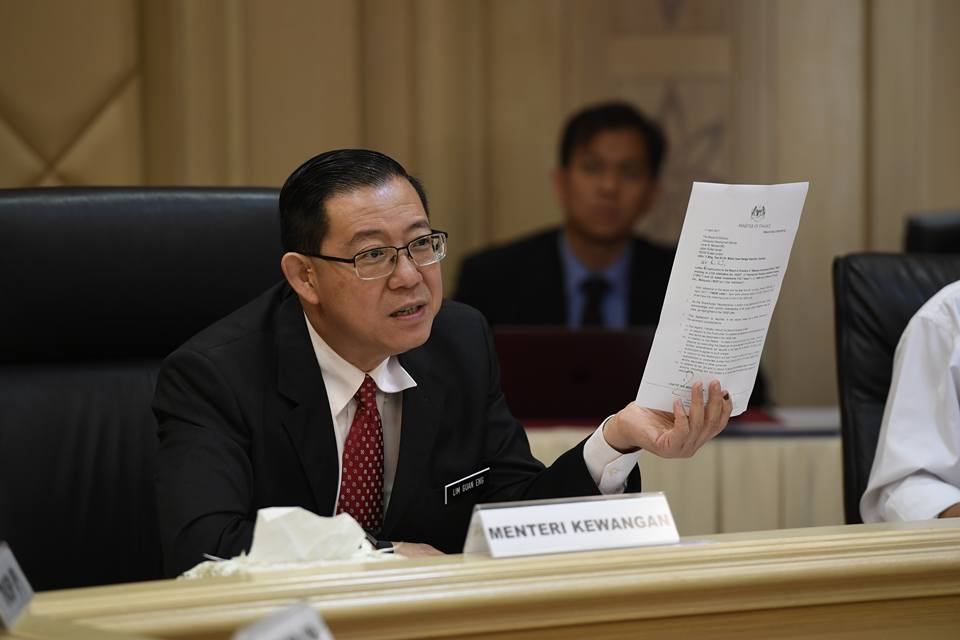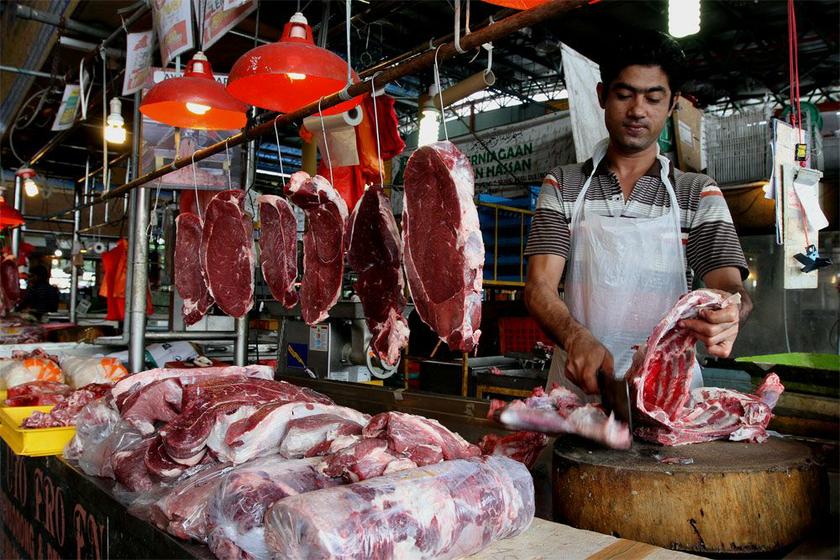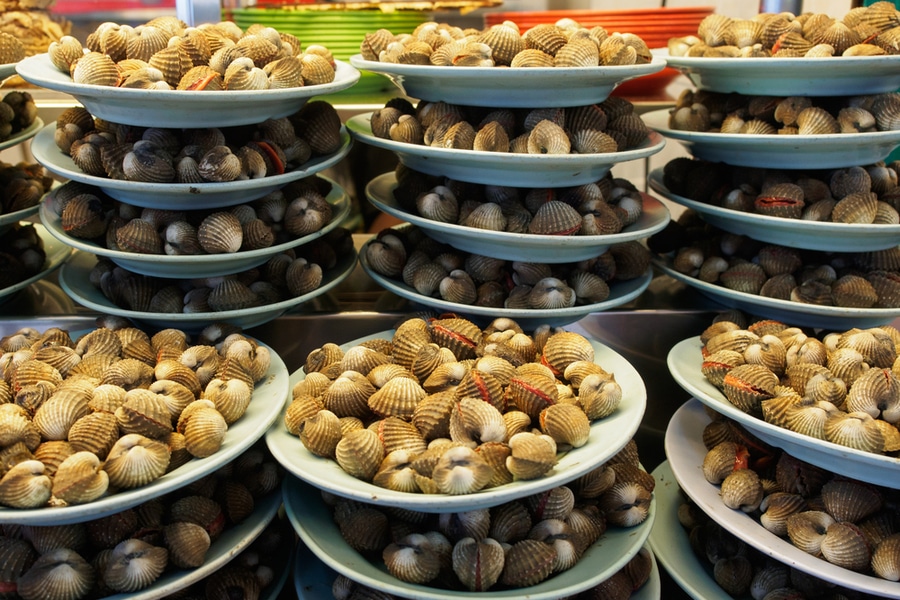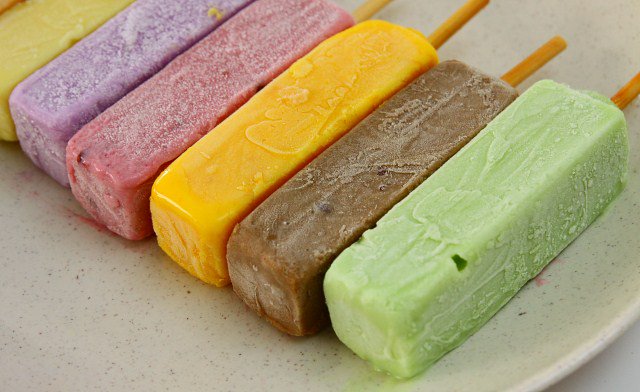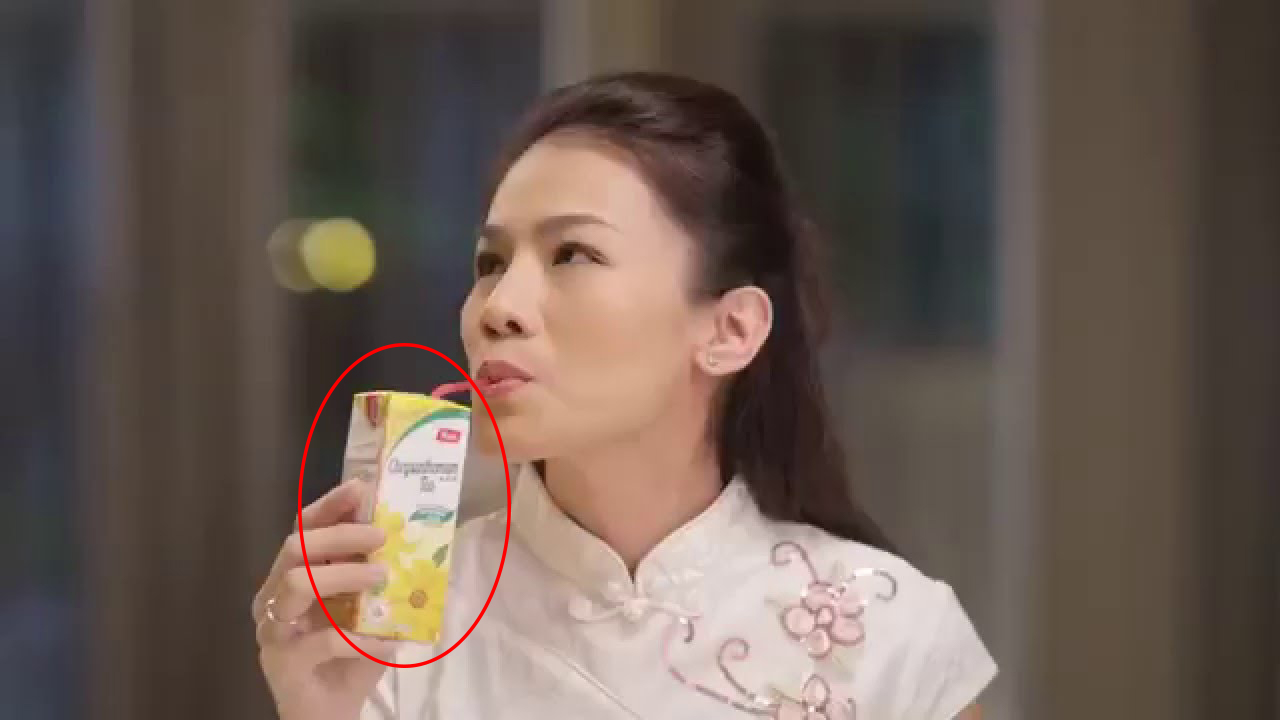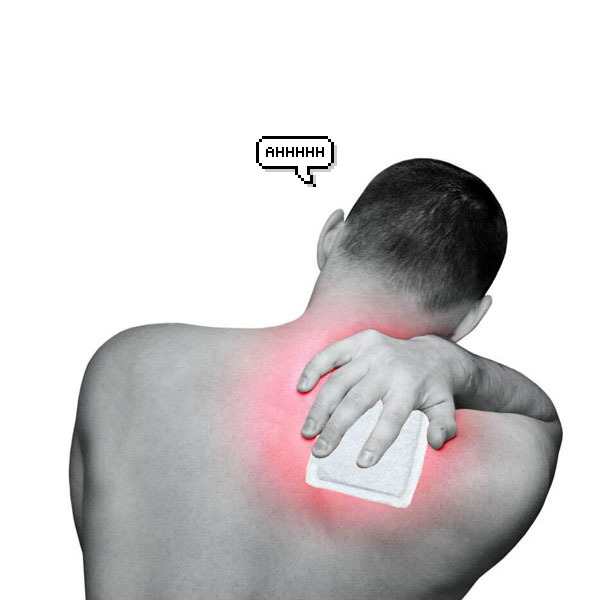From Potong To Satay: Customs Department Reveals List Of Proposed SST Rates On Goods
The finalised list of taxable businesses and goods will be released in the next two days.
On 20 August, five bills related to the upcoming Sales and Services Tax (SST) were approved by members of Dewan Negara
If you've somehow missed the news: SST will be replacing the Goods and Services Tax (GST), which was zero-rated on 1 June.
Under SST, tax rates will be at 10% for sales and 6% for services.
The five bills that were passed are the Sales Tax Bill 2018, Service Tax Bill 2018, Goods and Services Tax (Repeal) Bill 2018, Customs (Amendment) Bill 2018 and Free Zones (Amendment) Bill 2018.
In a statement released in July, Finance Minister Lim Guan Eng clarified that SST is a single-stage tax that is imposed on manufacturers, not end customers.
During the debate of the Sales Tax Bill 2018, Lim reiterated that:
- Only 43.5% of services would be subjected to SST, compared to 65% of services with GST
- 5,443 goods are exempted from SST, compared to 545 goods under GST
With just a handful of zero-rated GST days left, the Customs Department has uploaded a list of proposed sales tax rates for various goods
On 28 August, Customs Department director-general Datuk Seri Subromaniam Tholasy said the finalised list of businesses and items affected by SST will be released within two days.
According to New Straits Times, the list should not have any significant changes and should "more or less" remain the same.
The list of proposed items can be viewed here.
Customs Department director-general Datuk Seri Subromaniam Tholasy.
Image via Mohamad Shahril Badri Saali/New Straits Times1. Breadwinners will be relieved to know almost all forms of meat and fish are exempted
The only exceptions are camel meat, dried pork skin, freeze dried chicken dice, frog's legs, and rabbit meat which are taxed at 5%.
Fillet or cut fish, whether fresh, chilled, or frozen, also fall under the "exempted" category.
2. However, these same items might cost more if you're enjoying them at an eatery
Fried chicken, burgers, nuggets, pies, sushi, even satay! These favourites will be taxed at 5%.
Thank goodness otak-otak and meatballs are safe.
3. Seafood lovers might need to splurge a little more as most shellfish will be taxed at 10%
Might need to think twice before going hard on kerang and lala the next time you're at the hawker centre.
4. It could even be the end of RM1 ice cream potong as we know it
Under SST, potong and other forms of ice-cream will be taxed at 5%.
That's not all: there's also a 10% tax on popular toppings for ice-cream sundaes such as chocolate chips and chocolate rice.
5. This Chinese New Year staple will be taxed at 10%
In addition to the well-loved boxed drinks, apple juice, mineral water, carbonated drinks, beers, ciders, and flavoured energy drinks will also be taxed at the same value.
6. All pharmaceutical products, including some traditional Chinese medications, are exempted
First aid kits, bandages, heat patches, and plasters are also exempted under the same category.
7. Sanitary pads and tampons have finally been placed under the 'exempted' list
Under GST and the first version of SST, sanitary pads were counted as taxable items.
8. Staying fabulous might burn an even bigger hole in your wallet
Basic necessities, such as bath foam and toothpaste, fall under the "cosmetic products and perfume" category which will be taxed at 10%.
It also affects all forms of make-up, skincare products, and clothing.
9. If there is a phone that has caught your eye, then get it quick
When SST rolls around, handphones, laptops, computers, and portable storage devices will be taxed at 5%.
That's the better end of the deal though, as most electrical household appliances are taxed at 10%.
10. Books will also continue to be exempted under SST
Whether it's comics, novels, non-fiction, reference materials, or children's books - all will continue to be exempted from tax under SST.
11. As expected, motor vehicles will likely see a 10% tax
Sedans, SUVs, buses, motorcycles, sport cars, and even garbage collection trucks will be taxed.
Wheelchairs and baby strollers, which fall under the "vehicles" category, are exempted.
